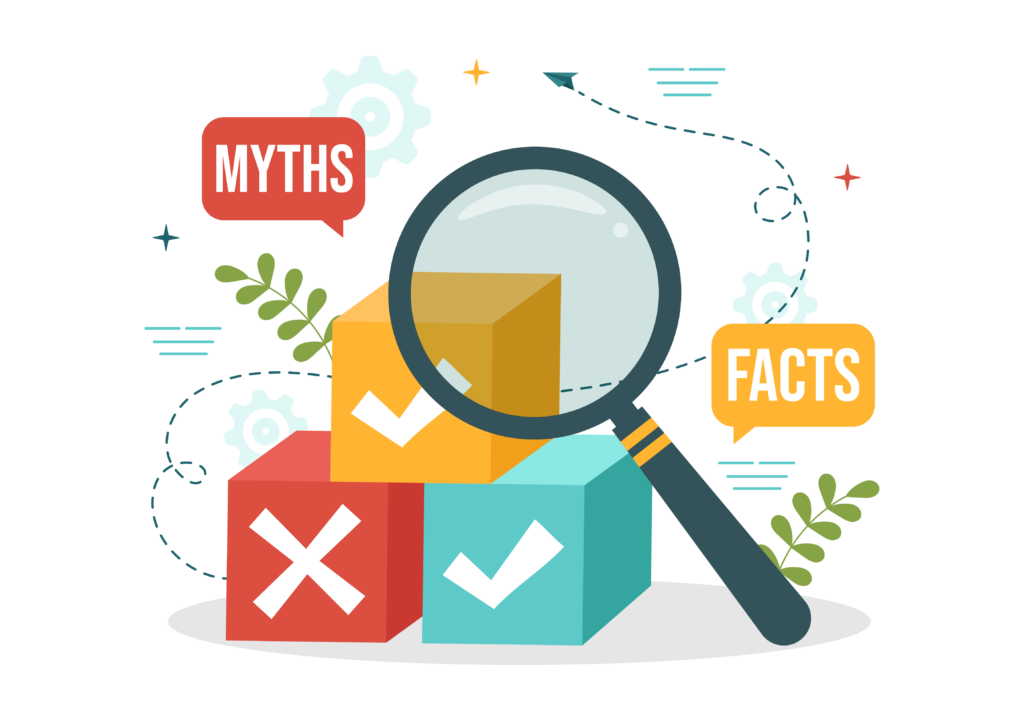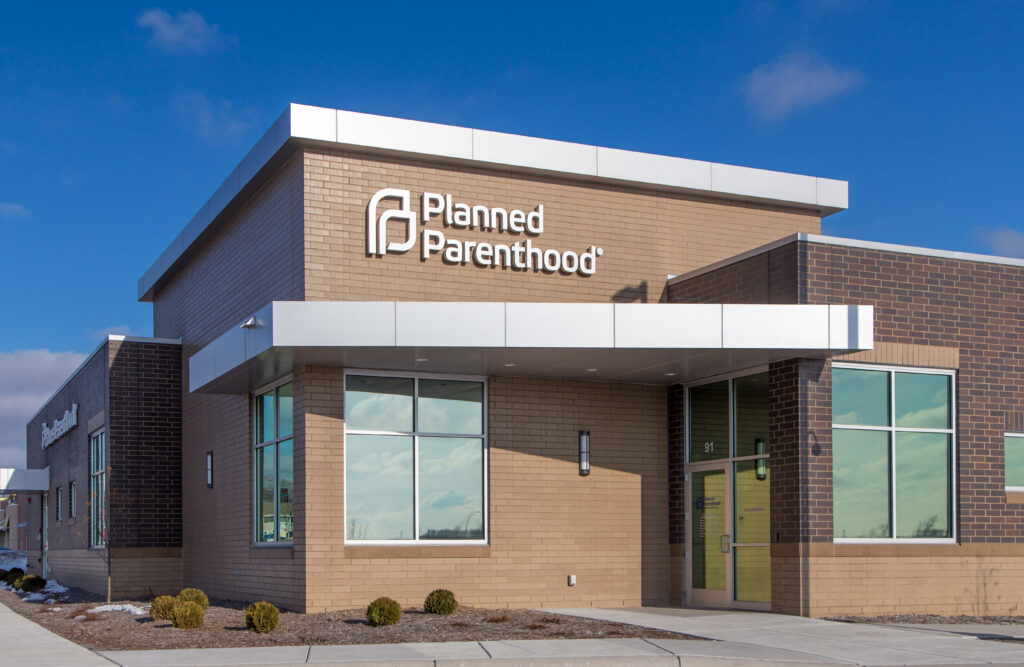Study: Many Women Who Had Abortions Felt Pressured by Others
Abortion pressure and coercion constitute one of the most widespread but hidden epidemics in America, and one of the least covered by the media. Our latest research shows that these insidious influences are tragically far more common than most people realize.
Recently, we conducted a survey of more than 1,000 American women between the ages of 41 and 45, including over 200 women who acknowledged having had abortions. The results show that close to 70 percent of the women who had abortions described them as coerced, pressured, or inconsistent with their own values and preferences. A majority experienced pressure from other people in their lives – belying the dangerous assumption that abortion is strictly a matter of “a woman’s choice.”
Our first published analysis of the survey results showed that a majority of women felt high levels of pressure – both circumstantial and interpersonal – to choose abortion. Because of the increasing reports of women and girls coerced and pressured into abortion by their partners and family members, we decided to take a closer look at interpersonal pressure specifically.
Even in contexts where abortion is celebrated, we find clues to a complicated picture. Abortion “wasn’t my choice,” says one writer on the advocacy site Shout Your Abortion. Her partner “told me to get a abortion right away…I wasn’t sure if I wanted to keep the baby or not but I mostly wanted to keep it. I went to the appointment Early September & got it done I was scared & I was numb & confused. Now it’s October I am 22 my ex blocked me on everything right after & left my life…It’s the women’s choice not nobody else’s. But this has affected me a lot. I get anxiety attacks/panic attacks & wish I was still pregnant sometimes…”
Our research reflects this complexity and the negative and positive feelings that can exist at the same time. Using sliding scales from one to 100, women rated the levels of pressure they remembered experiencing. This enabled a nuanced, detailed examination of the different sources of pressure women encounter and how that pressure plays out in their lives.
Our results are striking. Nearly 87 percent of the survey participants indicated they experienced some form of interpersonal pressure, reporting a score greater than zero on one or more of the scales. And for the majority of women this pressure wasn’t negligible: 62 percent reported that they experienced at least “modest” interpersonal pressure, reflected in a score of 21 or greater.
Perhaps most concerning, nearly half the women we surveyed – 45 percent – reported feeling substantial or high levels of pressure from other people in their lives to undergo an abortion.
These results were saddening, but not surprising. Our study is only the latest in a growing body of literature showing that many abortions are pushed on women against their own wishes. Notably, one of us (Dr. Reardon) has conducted other survey research finding that almost two-thirds of American women felt pressured into their abortions by other people. An analysis of data from the National Survey of Family Growth found that 15 percent of all abortions were on wanted pregnancies. And a recent BBC poll of more than 1,000 women in the United Kingdom – including those who hadn’t had an abortion – found that 15 percent of all U.K. women have experienced pressure to undergo an unwanted abortion.
Even more troubling, our survey also showed that pressure to have an abortion is associated with a host of negative outcomes that can linger even years later. Women reported heightened levels of stress, feelings of loss and grief, intrusive thoughts, and disruption of daily life.
These women were near the end of their reproductive years. Some of them may have had their abortions decades earlier. But the effects lasted. When a woman is pressured into an abortion, it can impact her for the rest of her life, even at times and in ways that might not be entirely expected.
When we weigh more than 63 million U.S. abortions in the last 50 years, the many abortions that are “rapid repeat” abortions, and the mental health and quality of life impacts that women report as a result of having abortions under some degree of duress, the physical and psychological toll must be staggering.
All this compels us to ask: in the abortion debate, whose choice is at stake? Is it the woman’s choice – or someone else’s?
Tragically, the abortion industry has a lengthy track record of abandoning young women and girls to their abusive partners and traffickers. Examples of abusive partners trying to induce abortions without women’s knowledge or consent do sometimes bubble up and break through the surface of a typically uninterested news cycle; we’ve documented several cases that represent the tip of an iceberg.
The FDA’s approval of mail-order abortion pills has only heightened the risk of coercion. Under this distribution model, prescribers of abortion pills can’t tell whether an abusive boyfriend is hovering in the room during a phone call, or whether a trafficker is really the one filling out the online order form. With mailed pills, they have no way of knowing where the abortion pills ultimately end up – or who takes them.
Few issues are as contentious and polarizing as the abortion debate. But the reality of pressure and coercion on women to have an abortion – and the need to fight it – ought to be an opportunity for common ground. No matter our opinions on abortion, Americans can agree that no woman should have to endure an abortion that, in her heart of hearts, isn’t actually what she wants.
Tessa Longbons is senior research associate at Charlotte Lozier Institute and co-author of the study. David Reardon, Ph.D. is an associate scholar of Charlotte Lozier Institute, director of the Elliot Institute, and lead author of the study.
To read the full paper, please see, “Effects of Pressure to Abort on Women’s Emotional Responses and Mental Health,” published in Cureus.
Read Complete Article


























